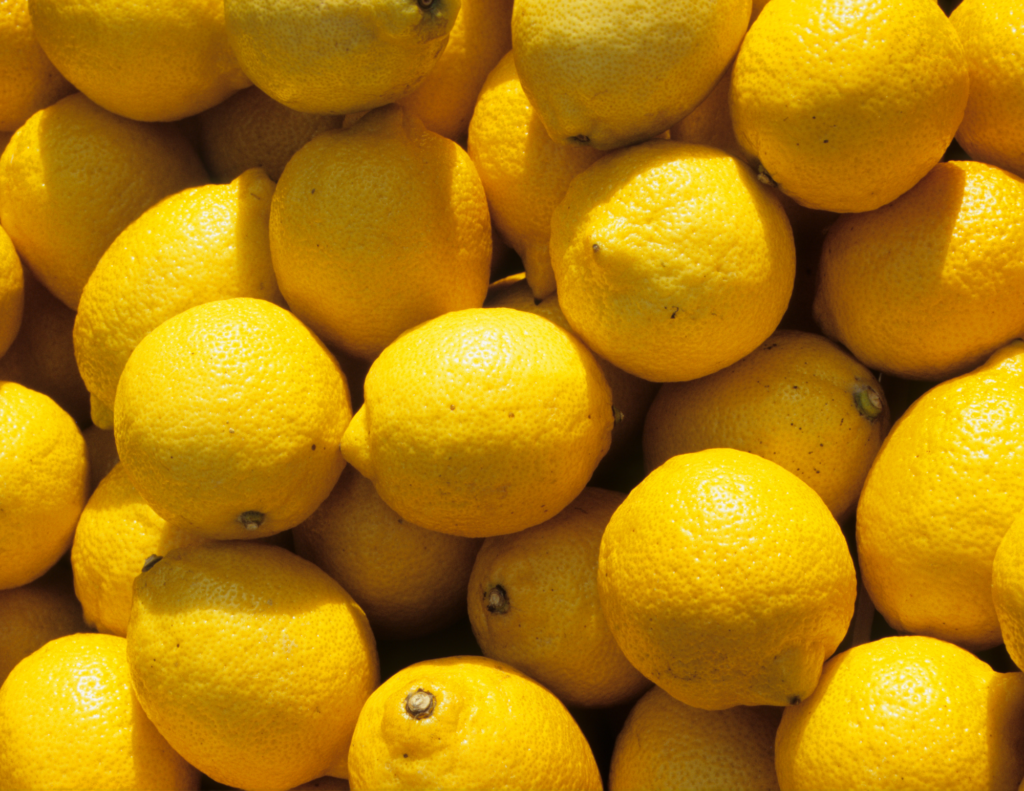Phytosanitary Certificates


Phytosanitary Certificates
Phytosanitary Certificates (phytos) facilitate the export of agricultural goods to foreign countries by ensuring that commodities are sent free of harmful pests and plant pathogens. In order to certify, federally licensed inspectors must verify the destination country’s import requirements and then inspect for the harmful organisms determined by the destination country. Sometimes additional field inspections, lab tests or treatments by the exporter are also required for certification. State phytosanitary certificates are also issued for product sent to other states and American territories. Accuracy in inspection and issuance of Phytosanitary certificates is critical to ensure that exported goods can pass through foreign and domestic customs with no delays or rejections.
Click here to see where we send our commodities to!
Submit Your Request
In order to ship agricultural commodities outside of California, it may be necessary to obtain a phytosanitary certificate.
Camarillo: (805) 388-4222
Santa Paula: (805) 933-2926
Incoming Phytosanitary Requirements
For shipping material to another state, please click here for the requirements: National Plant Board
For shipping material to another country, please click here for the requirements: Phytosanitary Export Database
Compliance Agreement Information
Compliance agreements can be used to allow eligible businesses to meet specific phytosanitary requirements, either in lieu or in addition to receiving phytosanitary certificates. These agreements are between the business, the California Department of Food and Agriculture, and the Agricultural Commissioner to help facilitate shipments of commodities and plant material entering destination jurisdictions, where at otherwise the commodities may be restricted. The compliance agreements offered by our county are:
Due to Ventura County being known to be infested with European Brown Garden Snail, nursery stock and cut flowers are restricted movement to Canada, Alabama, Arkansas, Florida, Idaho, Louisiana, North Carolina, Oregon, South Carolina, Tennessee, Texas, and West Virgina, as well as any other destination that considers California quarantined for snails. Generally, every shipment being certified for these destinations must be inspected and receive a phytosanitary certificate only if found free from all life stages of live snails. If a nursery or grower can demonstrate they can maintain snail free areas, and keep BGS out of their shipments, they may apply with the VCAWM for this agreement to meet destination requirements in lieu of receiving phytosanitary certificates for each order. However, some destinations, such as Canada, may require both the compliance agreement and phytosanitary certificates for each shipment of host material.
Shipments of nursery stock to Arizona must be found free from a variety of locally common pests including but not limited to Citrus whitefly, Brown Marmorated Stink Bug, California Red Scale, and multiple species of thrips and mealybug. Every shipment must be certified free from all pests considered actionable by Arizona. The Arizona OIA allows nurseries to demonstrate annually that they can control and keep their nursery free from these pests. Once compliant with the OIA program, nurseries can ship their stock to Arizona with no need for phytosanitary certificates.
Licensed nurseries and cut flower growers with minimal pest pressure and a history of good compliance with regulation, may be apply and be considered for a California Nursery Stock Certificate. The CNSC stamp is intended to facilitate the movement of shipments by notifying inspectors at destination that this product is coming from a licensed nursery and is compliant with basic nursery cleanliness standards. The CNSC does not exempt shipments subject to any quarantines.
